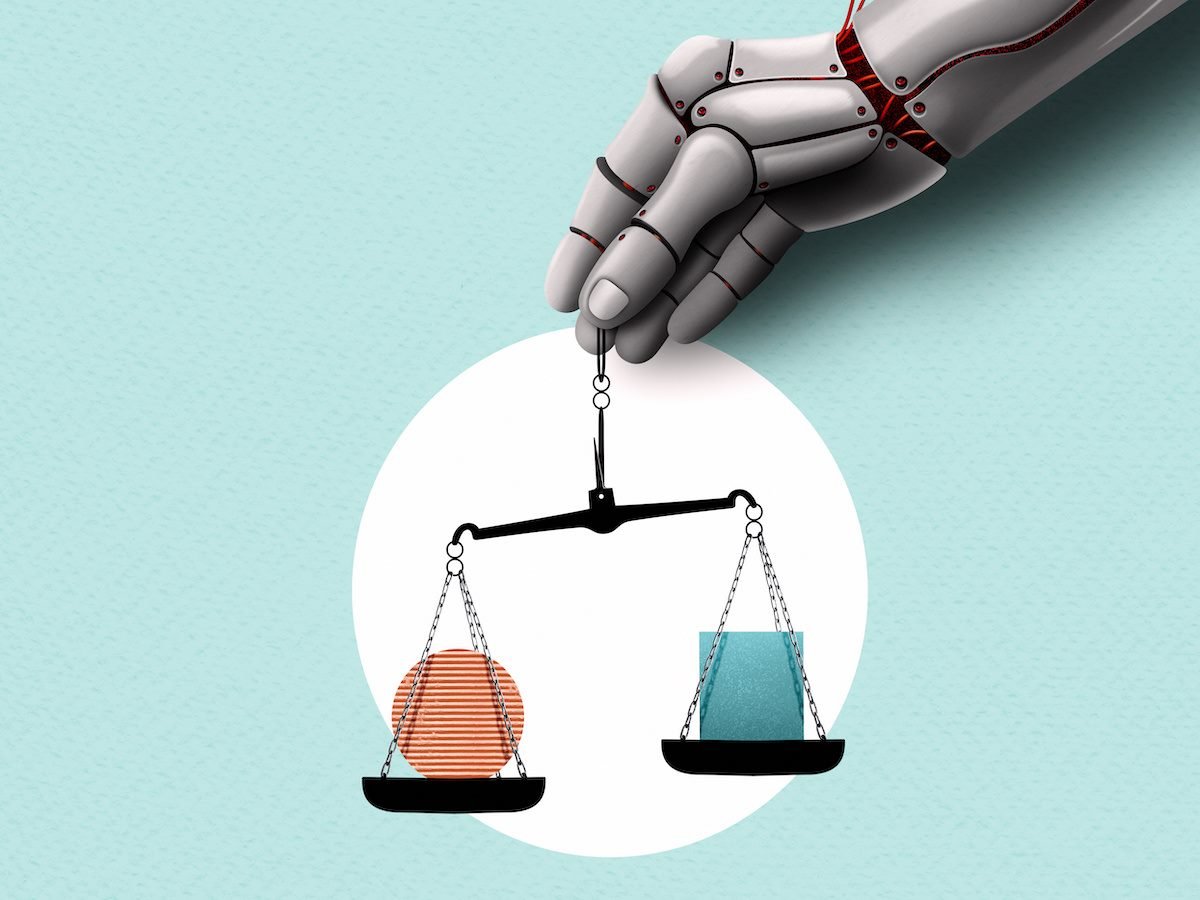“Crossing Borders: How Str conflicting AI Regulations Could Derail Global Collaboration in Life Sciences?”
In an era dominated by rapid technological advancements, particularly in artificial intelligence, the life sciences sector stands at a fascinating crossroads. Have you ever stopped to wonder if the tools driving tomorrow’s discoveries are also creating new hurdles? Recently, the Pistoia Alliance, alongside the Copyright Clearance Center, unveiled eye-opening survey results that highlight the remarkable yet precarious integration of generative AI in pharmaceutical research. With a striking 83% of professionals now leveraging AI, a staggering 85% express anxiety over fluctuating regulations impacting cross-border collaborations. Amidst this whirlwind of innovation and concern, conversations erupted at their annual conference, tackling pivotal themes such as patient-centricity, harmonized data standards, and, crucially, copyright implications. As we ponder the future of research, one can’t help but ask: are we moving towards unprecedented breakthroughs, or are we inadvertently stepping into a maze of compliance challenges? Join us as we dive into this critical dialogue surrounding the intersection of technology and ethical research in life sciences. LEARN MORE.

Experts From Chan Zuckerberg Initiative, FDA, AbbVie, Elsevier, Penn Medicine, Takeda and Others Discuss Patient-Centricity, Data Standards, and Copyright
London, 10 December 2024: The Pistoia Alliance, a global, not-for-profit alliance that advocates for greater collaboration in life sciences R&D, has announced the results of a global survey in conjunction with CCC (Copyright Clearance Center), a leader in advancing copyright, accelerating knowledge, and powering innovation, on the impact of AI and copyright legislation on pharma R&D. While 83% of life science professionals are now using generative AI in their research, there is still widespread concern about the impact of differing AI regulations on cross-border research collaboration (85%). Additionally, 42% of respondents said they don’t think about copyright before sharing or using third-party information with AI tools. The survey was conducted at the Alliance’s annual US conference held this year in Philadelphia, which gathered more than 200 industry experts to collaborate on topics such as AI regulation, harmonization of data standards, and patient-centricity.












